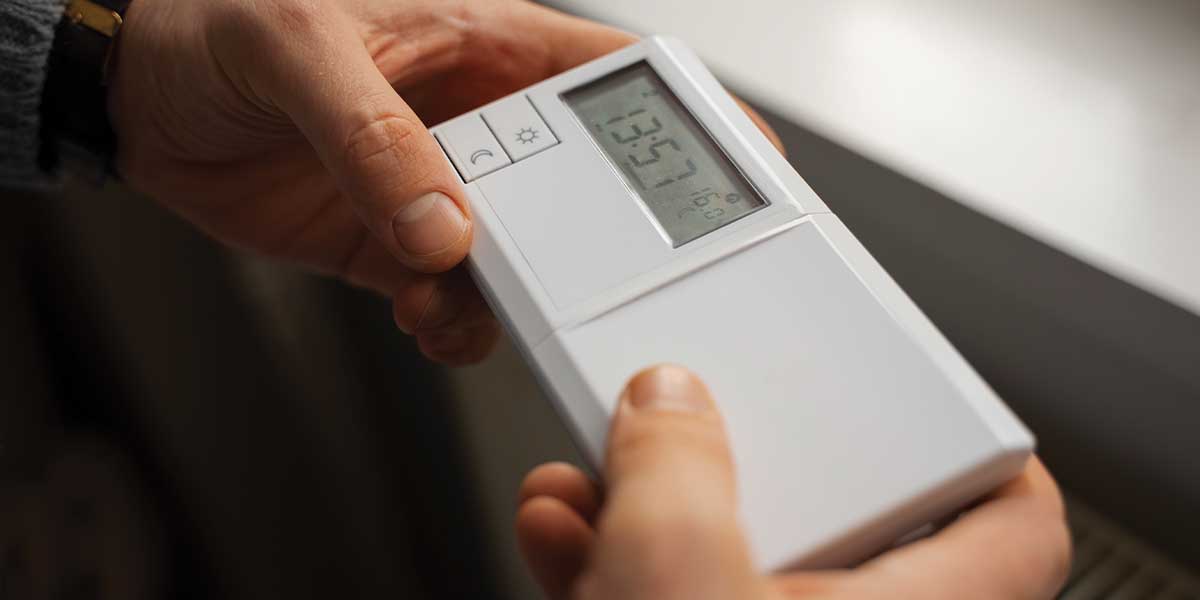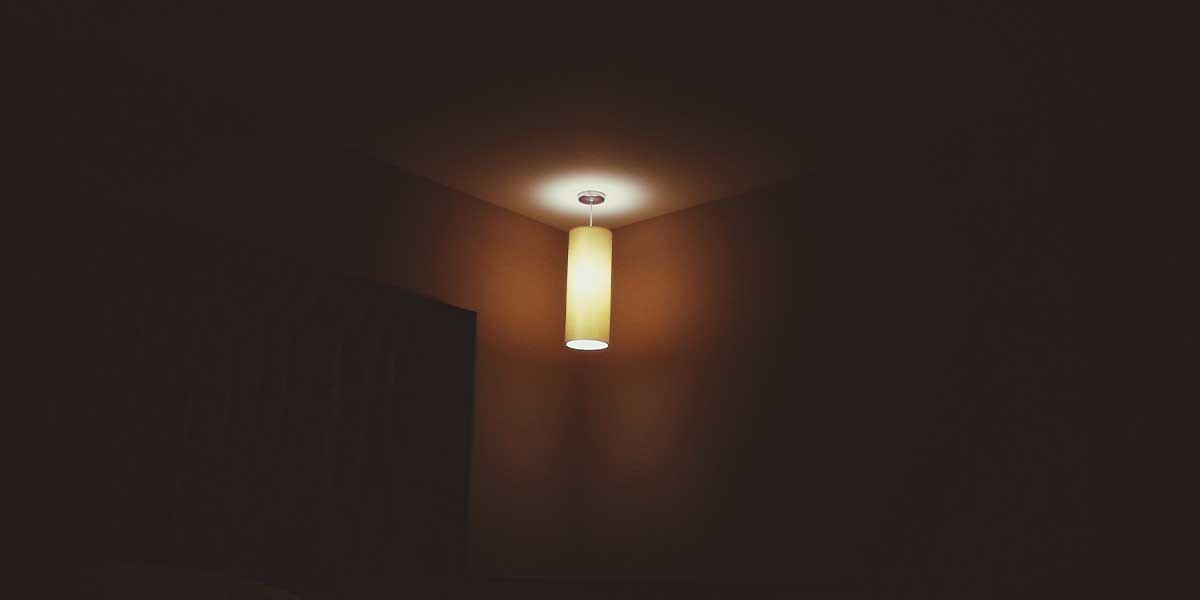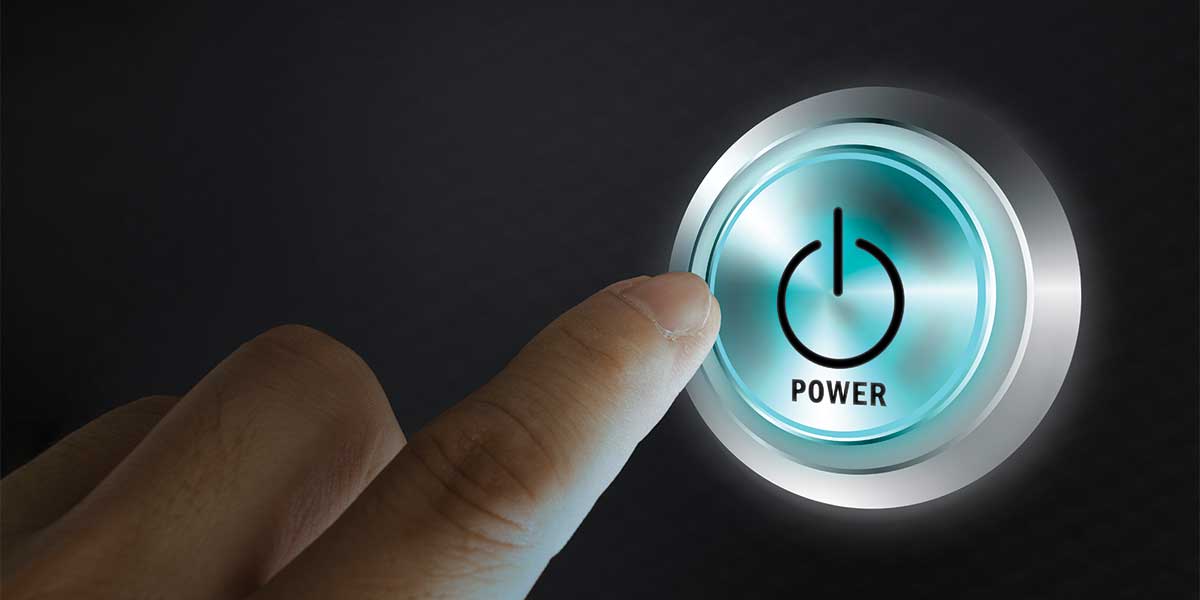Few things sting more than receiving a high electricity bill. Fortunately, you’re not powerless when it comes to cutting costs. At Expert Electric, we’ve compiled a detailed guide full of licensed electrician tips for lowering your electric bill. These practical, real-world solutions are grounded in professional experience and can help make your home or business more energy-efficient.
From everyday habits to upgrades with big impacts, this guide outlines various ways to reduce energy use, without compromising comfort or convenience.
Why Reducing Your Electric Bill Matters
Lowering your electricity bill isn’t just financially smart, it also helps reduce your carbon footprint. Whether you’re a homeowner aiming to save monthly or a business owner looking to trim operational costs, applying licensed electrician tips for lowering your electric bill is a strategic step.
Reducing energy consumption also prolongs appliance life, enhances electrical safety, and prepares your space for future energy upgrades.

Top Licensed Electrician Tips for Lowering Your Electric Bill
Our team of licensed electricians at Expert Electric has helped thousands of clients identify electrical inefficiencies and eliminate energy waste. Here are our most effective recommendations:
1. Switch to LED Lighting
Conventional incandescent bulbs waste energy and burn out quickly. LED bulbs consume up to 80% less power and last up to 25 times longer. They’re available in various brightness levels and tones to suit any space.
Tip: Pair LED bulbs with dimmer switches to further control energy usage and create the ideal ambiance.
2. Time Your Appliance Use
Many utility companies charge different rates during peak and off-peak hours. Using appliances like dishwashers, washing machines, and dryers during off-peak times can reduce your bill.
Tip: Use smart plugs or timers to automate when heavy-load appliances operate for maximum savings.
3. Keep Thermostats Consistent
Constantly adjusting your thermostat causes your HVAC system to work harder. Maintain a steady temperature, ideally within two to three degrees of your comfort zone, to avoid energy spikes.
In colder months, setting your thermostat around 20°C (68°F) when you’re home, and slightly lower when you’re asleep or away, can make a noticeable difference.
4. Install a Smart Thermostat
Smart thermostats learn your patterns and automatically adjust heating and cooling to match your lifestyle. Many models can be controlled remotely and display real-time usage stats, helping you make informed adjustments.
5. Insulate Doors and Windows
Even when closed, windows and doors can allow heat to escape or enter, making your HVAC system work harder. Weather stripping, caulking, and insulation help seal air leaks and stabilize indoor temperature.
Heavy curtains or energy-efficient windows also help block out heat in the summer and retain warmth in the winter.
6. Upgrade Outdated Appliances
Old appliances, especially those over 10 years old, can be significantly less efficient. When replacing appliances, look for ENERGY STAR-certified models that consume less power while delivering high performance.
Though newer appliances may cost more upfront, the savings in electricity and maintenance often pay off in a few years.
7. Insulate Your Water Heater
Water heaters are among the top energy consumers in most homes. A thermal blanket for your heater can help minimize standby heat loss. Reducing the thermostat on your water heater to 49°C (120°F) also helps cut consumption.
Insulation kits are available at most home improvement stores and are easy to install.
8. Clean or Replace Air Filters
Dirty air filters force appliances to work harder, consuming more energy and reducing system efficiency. Regularly clean or replace filters in your HVAC system, dryer, refrigerator, and air conditioner every 1 to 3 months, depending on use.
A clean filter allows better airflow, reduces wear and tear on equipment, and lowers overall electricity use.
9. Unplug Electronics When Not in Use
Many electronic devices continue to draw power even when turned off. This “phantom load” can account for 5-10% of household electricity use. Common offenders include TVs, coffee makers, computers, and chargers.
Use advanced power strips that cut power when devices are not in use, or simply unplug them when you’re done.
10. Maximize Natural Light and Outdoor Activities
Instead of relying on artificial lighting and entertainment systems during daylight hours, open blinds and engage in activities that don’t require electricity. Reading a book or spending time outdoors reduces energy use while improving your overall wellness.
11. Install Solar Panels
Solar panels can reduce or eliminate your monthly electricity bill. Many regions offer rebates, tax incentives, and net-metering programs to offset installation costs.
External Resource: BC Hydro – Solar Power for Home
12. Schedule a Professional Energy Audit
A professional energy audit conducted by a licensed electrician can identify hidden issues such as faulty wiring, inefficient circuit layouts, or outdated electrical panels. These insights help you make informed decisions about where to invest for maximum impact.
Expert Electric offers custom audits that evaluate your property and provide practical solutions tailored to your budget and goals.

FAQs: Licensed Electrician Tips for Lowering Your Electric Bill
Q1: Are LED lights really more efficient than incandescent bulbs?
Yes. LED lights use up to 80% less energy and last much longer than traditional bulbs, offering better performance and cost savings over time.
Q2: Can I install a smart thermostat on my own?
While many smart thermostats are DIY-friendly, it’s often best to have a licensed electrician install and calibrate the device for optimal performance and safety.
Q3: What’s the benefit of scheduling appliance use during off-peak hours?
Electricity is cheaper during off-peak hours. Shifting energy-intensive tasks like laundry and dishwashing to these times can result in substantial savings.
Q4: How often should I clean or replace air filters?
Generally, every 1 to 3 months, but it depends on usage and air quality. Dirty filters strain systems and lead to increased energy consumption.
Q5: Are energy audits really worth it?
Yes. A professional audit identifies inefficiencies and suggests targeted improvements, often saving you hundreds of dollars annually.
Final Thought: Small Changes, Big Savings
Lowering your electricity bill doesn’t require major sacrifices or renovations. With the right approach, small adjustments to your daily routine, smart upgrades, and a few professional insights can significantly reduce your electricity consumption.
Following these licensed electrician tips for lowering your electric bill can help you improve comfort, boost efficiency, and protect your budget. From sealing up drafts to upgrading lighting, every action adds up to long-term savings and a greener future.
If you’re unsure where to start, the experts at Expert Electric are here to help with professional assessments, installation services, and personalized energy solutions.
Contact Expert Electric
Let us help you save money and energy, one smart decision at a time.
Call Us: 604-681-8338
Email Us: info@expertelectric.ca
From lighting upgrades to full-service energy audits, Expert Electric is your partner in safe, reliable, and efficient power solutions. Reach out today and start lowering your electric bill the smart way.


